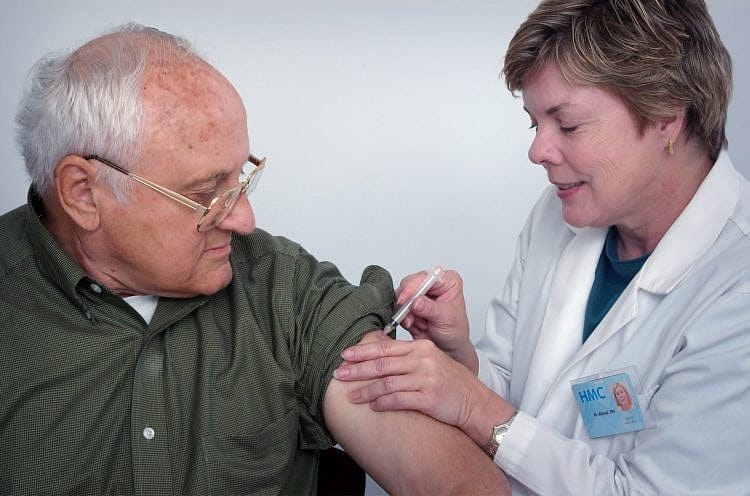Federal Judge Upholds UMass Coronavirus Vaccination Mandate Against Religious-Freedom Arguments

An Obama-appointed federal judge has denied a request from two University of Massachusetts students for exemptions from school rules requiring they get vaccinated for coronavirus.
The ruling, issued Friday, August 27, sets up a possible appeal that could make it to the U.S. Supreme Court.

